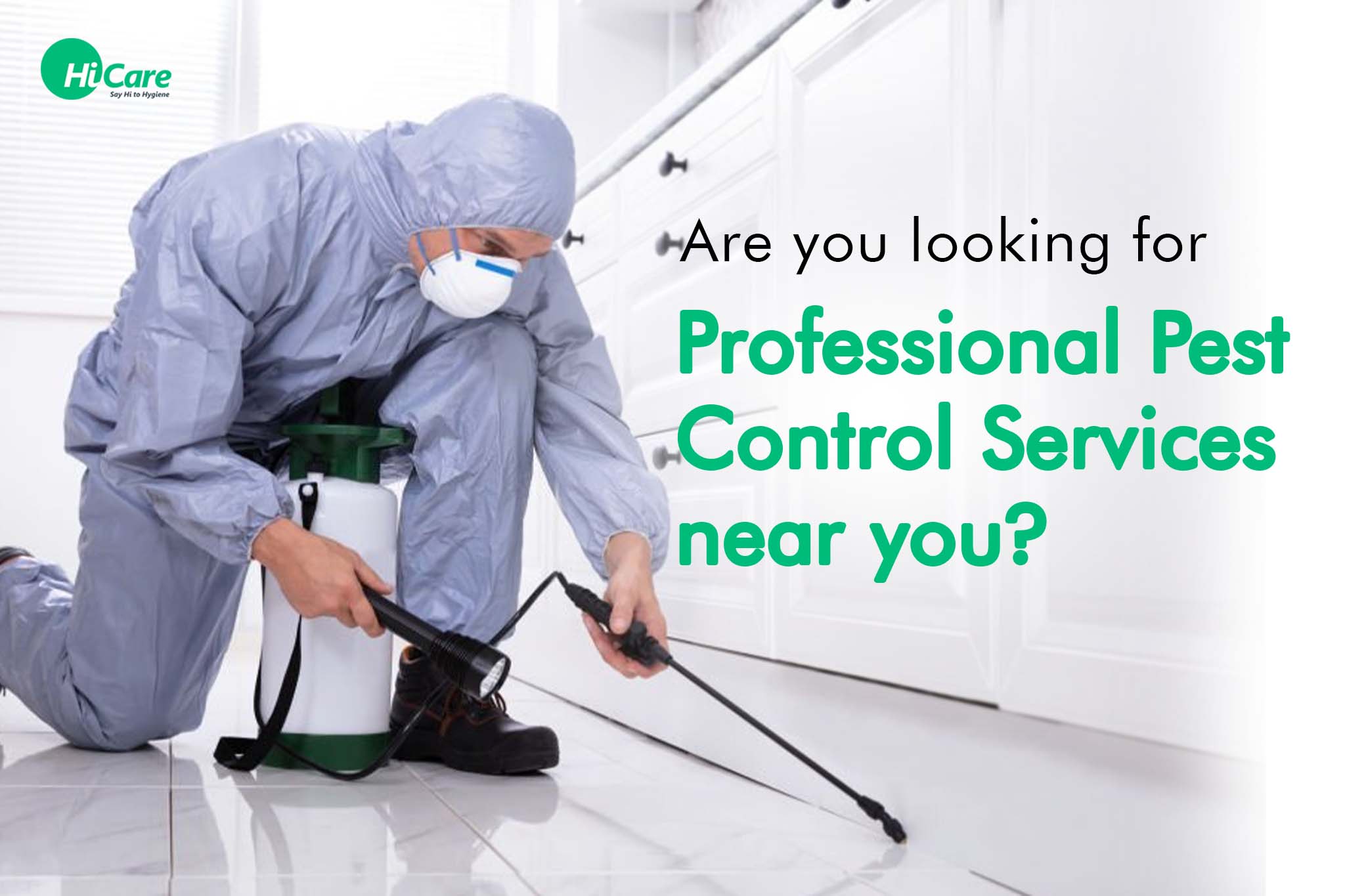Affordable Pest Control Clovis: Solutions Customized to You
Affordable Pest Control Clovis: Solutions Customized to You
Blog Article
Understanding the Different Methods to Parasite Control: A Comprehensive Guide

Natural Pest Control Approaches
Utilizing environmentally friendly techniques such as friend planting and organic pest control is necessary for effectively taking care of insects in agricultural setups. Companion growing involves expanding various crops in closeness to prevent pests, boost nutrient uptake, and improve total crop health.
Organic parasite control involves presenting all-natural predators or pathogens to regulate pest populations. Ladybugs, for example, feed on aphids, managing their numbers without the requirement for chemical pesticides. An additional example is using Bacillus thuringiensis (Bt), a microorganism that targets details insect parasites while being harmless to human beings, animals, and beneficial bugs.
These eco-friendly techniques not just reduce the reliance on artificial chemicals but likewise aid preserve biodiversity and dirt wellness. By incorporating all-natural parasite control methods right into agricultural practices, farmers can accomplish lasting pest management while decreasing negative effect on the atmosphere.

Chemical Pest Control Solutions
Along with natural bug control methods, the utilization of chemical insect control options plays a substantial duty in effectively managing pest populations in agricultural atmospheres. Chemical bug control solutions are formulated to target particular insects that may trigger comprehensive damage to crops. These services commonly include artificial chemicals that are created to remove bugs swiftly and effectively.
One of the crucial advantages of chemical pest control solutions is their effectiveness in regulating parasite problems widespread. Farmers can apply these services utilizing various methods such as splashing, airing out, or seed treatment to safeguard their crops from harmful pests, weeds, and diseases. Additionally, chemical parasite control options are fairly easy to use and can supply rapid outcomes, assisting farmers protect their returns and lessen economic losses.
Nonetheless, it is vital to use chemical bug control solutions deliberately to lessen prospective negative influence on the environment, non-target microorganisms, and human health. Appropriate application strategies, adherence to security guidelines, and regular monitoring are crucial to make sure the liable use chemical parasite control solutions in agricultural techniques.
Biological Bug Control Approaches
Organic bug control approaches take advantage of all-natural predators or microorganisms to handle parasite populations in agricultural setups effectively. This technique provides a green and sustainable service to pest administration, lowering the reliance on synthetic chemicals and lessening injury to the atmosphere. One typical organic control approach is the introduction of natural enemies, such as ladybugs or parasitic wasps, to target certain parasites. These killers feed on the bugs, aiding to regulate their populaces naturally - pest control clovis.
An additional organic control approach includes making use of microorganisms like infections, microorganisms, or fungis to infect and kill bugs. Overall, organic bug control methods use a sustainable and targeted option to pest management in agriculture.
Integrated Parasite Monitoring (IPM)
Integrated Bug Monitoring (IPM) is a detailed strategy that incorporates different pest control techniques to properly manage and lessen pest populations in farming systems. the original source IPM concentrates on lasting prevention of insects with a combination of organic, social, physical, and chemical control methods. By integrating these different approaches, IPM aims to decrease reliance on chemical pesticides, decrease environmental influence, and advertise sustainable parasite management methods.
One key facet of IPM is making use of biological controls such as natural predators, parasites, and virus to control insect populations. This method uses the power of nature to maintain a balance between bugs and their all-natural opponents without causing harm to the environment.
Furthermore, IPM includes cultural practices like crop rotation, habitat, and cleanliness adjustment to produce undesirable conditions for insects and disrupt their life process. Physical controls such as composts, catches, and barriers are likewise made find out here now use of to prevent parasite problems.
Physical and mechanical Bug Control Techniques
Utilizing non-chemical approaches, such as physical and mechanical insect control techniques, is an essential element of detailed insect management approaches, building on the foundation of Integrated Parasite Administration's holistic strategy. Mechanical insect control involves the use of physical barriers or catches to avoid insects from accessing and harming crops or frameworks. This technique can consist of methods like installing displays on windows, making use of row covers in agriculture, or using sticky traps to capture insects.
Physical bug control methods, on the various other hand, focus on directly removing parasites with physical means. For example, utilizing warm treatments to remove bed insects or vacuuming up insects like ants or crawlers can be reliable methods to take care of infestations without using chemicals. By integrating these physical and mechanical insect control methods into an Integrated Parasite Management plan, people and specialists can minimize dependence on chemicals while still efficiently decreasing and managing pest populations damage.
Final Thought

In enhancement to natural parasite control techniques, the utilization of chemical bug control services plays a substantial function in properly handling pest populations in farming environments.One of the crucial advantages of chemical bug control solutions is their performance in controlling insect problems on a big range.Integrated Pest Monitoring (IPM) is an extensive strategy that combines different parasite control techniques to properly manage and lessen pest populations in agricultural systems.Making use of non-chemical methods, such as physical and mechanical parasite control techniques, is a critical aspect of detailed pest management methods, constructing upon the foundation of Integrated Pest Monitoring's holistic strategy. By including these mechanical and physical insect control strategies right into an Integrated Pest Management plan, specialists and people can Extra resources minimize dependence on chemicals while still effectively managing pest populations and lessening damages.
Report this page